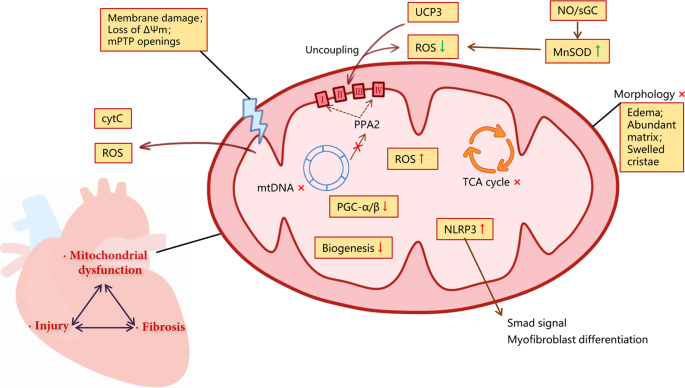Losing weight is often very challenging, especially for people who are obese. Whilst it often seemed that part of what made it difficult was simply an elevated hunger or it being more difficult to exercise, recent studies suggest the problem could be even greater.
With many studies showing obesity can cause permanent brain changes that make weight loss harder, things could be even worse than that.
A recent study has shown that obesity effects humans on a cellular level. Going as far as to effect the very mitochondria of our cells. The mitochondria is energy producing part of the cell that drives our bodies biochemical reactions. To put it simply it’s the part that burns energy. And you can problem guess where this is article is going. Yes, being obese makes this function less effective.
But, there are some interesting findings from this study, particularly around a molecule related to insulin that could prevent this from happening.
The New Study
The study we’re referencing was published on Jan 29th in Nature Metabolism, it found that excess fat can cause changes in how the mitochondria behaves. Leading to metabolic dysfunction.
Whilst the study was on mice, this is the sort of thing that does actually tend to be similar in humans, whilst animal studies aren’t great for everything when we’re looking at how cells behave for example it tends to be a little better than if we’re testing herbal supplements and their reactions.
What the scientists saw was that when the mice were fed a high fat diet changes occurred in the fat cells mitochondria under the skin, this is subcutaneous fat, sometimes known as visible fat. Visceral fat being the fat around the organs that isn’t noticeable. The change that occurred was that larger mitochondria broke up into smaller pieces and these smaller pieces do not burn fat as well as their original counter parts.
In a none obese scenario this is not always an issue as the mitochondria tend to break up and reform, however, obesity keeps the mitochondria in a constant state of fission, which promotes the storage of fat making it harder to lose weight.
The research also found that stimulation of RaIA, a molecule activated by insulin increases this drive towards fission rather than the mitochondria reforming (fusion).
In further research, the team went on to remove the gene linked to the RaIA molecule and the mice did not gain weight when fed the high fat diet. The scientist say that this could be an incredibly important discovery in combatting obesity as it leads to new avenues of research for obesity treatments.
Can Mitochondrial Dysfunction Be Treated?
There has been some previous research into this, and there is some suggestion that the compound SH-BC-893 undid mitochondrial dysfunction in mice fed a western diet. There are some other studies that suggest CPACC or even supplements like Q10 could have some benefits. However, pretty much all potential treatments are still in the early stages of investigation.
